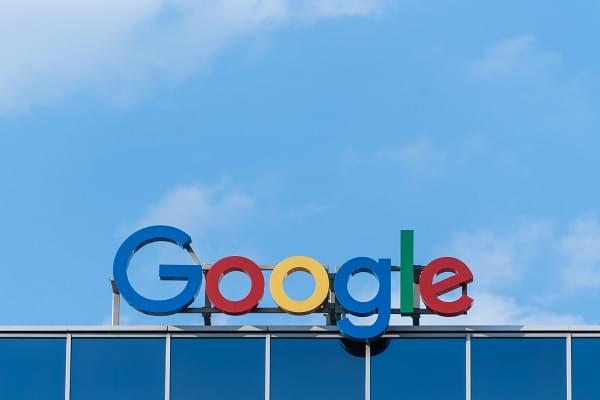
What Does SEO Mean?
You’ve built a great website and published it, but nobody’s visiting your website.
Does that sound familiar?
Don’t worry. That’s normal. It’s a big hurdle we all face when publishing a new website.
But what’s the answer? How do you get people to visit your website and read your great articles or buy your awesome products?
You do a little research and come across people talking about paid website traffic, posting on social media and using…SEO?
Wait. What? What does SEO mean?
Let me explain.
What You Will Learn
- What does SEO mean?
- What’s the purpose of SEO?
- Why is being on the first page of Google is important?
- Why SEO is a great source of traffic.
- Why it’s important that SEO is done right.
- What does SEO mean in 2018 and 2019?
What does SEO Mean?
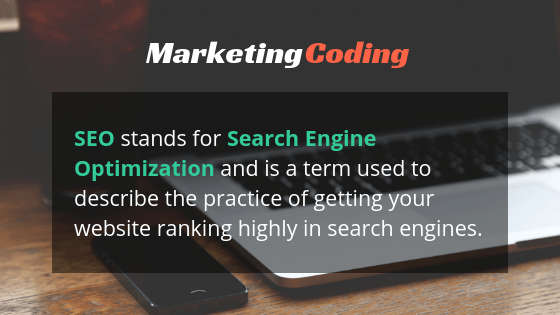
SEO stands for Search Engine Optimization and is a term used to describe the practice of getting your website ranking highly in search engines such as Google, Bing, and Yahoo.
This is important because ranking highly in these search engines can deliver serious amounts of web traffic to your website.
This traffic is often referred to as Organic Traffic and is widely considered the best way to get people visiting your website.
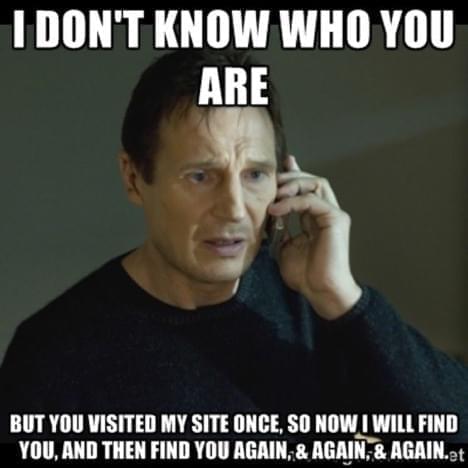
Why is SEO a Great Source of Traffic?
High Levels of Traffic
Organic Traffic from search engines is the main source of web traffic on the internet today. It’s estimated that a whopping 51% of all web traffic comes from search engines.
51%. Wowzers.
But it makes sense. If you don’t know the exact website you’re looking, you’ll use a search engine to find what you need, right?
To put that into context, it’s estimated that 10% of all traffic is generated by Paid Search, 5% from Social Media and 34% from other sources.
Targeted Traffic
SEO is a great source of traffic because if done correctly it can regularly direct validated and targeted users to your website for free.
What does this mean?
If you’re at the top of the search engine rankings for a particular term, it’s for a very good reason.
It means that the search engine believes that a particular page of your website is the most useful and relevant source of information for whatever query the user has searched for.
Therefore if users visit your website and find what they’re looking for, the easier it’ll be to get them to spend more time on your website and convert them into customers, members or readers.
How Do Search Engines Index and Rank Websites?
The Mechanics
Search Engines use Internet Bots called web crawlers (often called spiders or just crawlers) to search the Internet for websites to index.
Given the size of the Internet and the billions of websites that currently exist, not every single website or web page are indexed.
But you can make search engines aware of your website manually.
With Google, you can use its Search Console website, whilst with Bing, you can use its Webmaster Tools website.
There, you can submit a sitemap and instruct Google and Bing to go crawl your site without having to rely on them finding of their own accord.
More on that later.
Now you have some idea of how search engines index your website, let’s take a look at how they rank your website.
Search Engine Ranking
Search Engine Ranking is the order in which your website appears in the list of websites returned by a particular search query.
The goal is to have your website listed on the first page of Google results, preferably within the top 3 listings.
Why? Because the higher the ranking, the more traffic you’ll get.
So how do Search Engines rank websites? That’s a great question.
The Algorithms
Search Engines rank websites using algorithms made up of many different factors they don’t really make public.
These algorithms change fairly regularly as search engines continually try to improve their service for their users and that doesn’t make it easy for people to try to rank highly.
However, there are a lot of SEO experts out there who try and have seen pretty decent results over the years.
SEO History
When Search Engines first became a prominent part of the Internet, website owners quickly began to realize how important being indexed and ranked was.
The concept of Search Engine Optimization was born.
In the early years, once website owners realized how Search Engines indexed and ranked website they, began to abuse the system. Soon, some searches were returning irrelevant, inconsistent or incomplete results.
In 1998, when Google first came along things changed. Their search rankings were based on more factors and by 2004 all Search Engines had adopted a more mature way ranking websites.
These undisclosed algorithms reduced manipulation by opportunistic website owners and greatly improved service to their users.
Since then, these algorithms change regularly and methods that once worked no longer hold the same weight.
In recent years, SEO advisors urge people to focus on producing great, up to date and helpful content that Search Engines would naturally want to rank.
In my opinion, this is the best way to be ranked highly and stay ranked highly in the long run.
However, despite what certain "experts" might tell you, this can take time if you're starting from scratch.
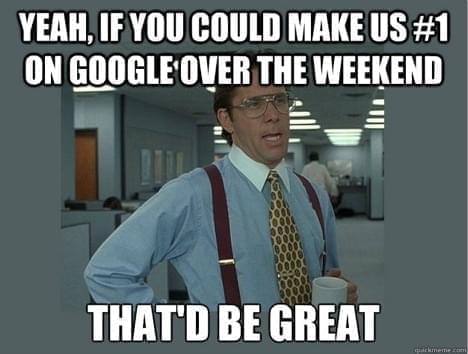
What Does SEO Mean in 2018/2019?
In 2018/2019 the SEO landscape has changed.
The need for relevant, detailed and useful content takes precedence in Search Engine rankings.
Don’t get me wrong, good backlinks is still an important factor, but Search Engines are ultimately trying to provide a service. That service is getting people the most relevant and helpful websites that meet the requirements set in the search query.
And Search Engine’s are continually changing their algorithms to improve their service.
So what does SEO mean in the future? Tailoring your website and content to meet user needs is the best way to approach SEO.
Why? Because the service provided by Search Engines isn’t going to change, but their algorithms do. They’ll continually improve them to be even more focused on delivering the best service it possibly can to their users.
That means better content and a better website experience for the user too.
Let me explain.
Content Quality
There was a time that a webpage could write 200 words on a subject and still rank on the first page of Google.
But those days are behind us.
The world of SEO has become a lot more competitive and Search Engine algorithms have changed.
Now articles are much more extensive and carry much more detail.
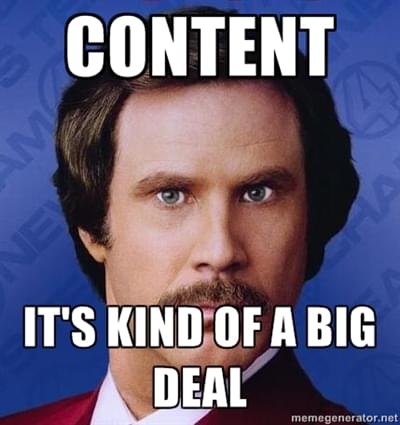
These days, SEO writers think nothing of publishing 10,000-word articles on certain subjects.
Yes, you read that right. 10,000 words. Unbelievable.
The thing is word count isn’t the bottom line when it comes to content. A number of SEO experts (such as Neil Patel and Brian Dean from BacklinkCo) suggest that quality and satisfying user intent are much better goals when writing articles.
Why? If you write a 10,000 words article and that article quality and relevance is garbage, then Search Engine’s aren’t going to rank it. Their algorithms are much more advanced than that.
In fact, BacklinkCo published an article of SEO stats, suggesting that the average first page Google results article length was just 1,890 words.
The key is this: SEO articles must be detailed, useful and meet the user intent. And BacklinkCo also recently tested this to be absolutely true.
What’s user intent? Their main reason for performing a Search Engine search.
And Search Engine algorithms have been optimized to get really good at figure out user intent. After all, it’s the main aspect of their service.
An example of user intent could be a user searching for “the best mobile phone”.
A user expects to see a comparison of mobile phone’s, rankings and recommendations.
What they don’t expect to see is a really long and detailed article about one particular mobile phone’s features and capabilities.
It has far more detailed content that might even be useful, but it’s not what the user wanted to know.
So what the best practice when writing content for SEO?
Make sure your article is detailed but is relevant to what the user actually wants to know about.
Now let’s take a look a Backlinks.
Backlinks
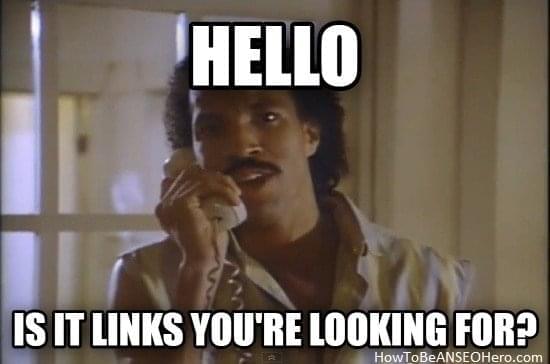
For those of you who don’t know Backlinks even are, let me explain: Backlinks are simply links to your website from other websites. These might be other articles referencing your work or even shares on social media.
These are important for SEO because it tells Search Engines that users value your content. If people are linking to it, it must be valuable.
But of course, the value of Backlinks was eventually figured out by website owners was consequently exploited by utilizing nefarious techniques.
Search Engine’s reacting, updating their algorithms to fight the abuse, but not to remove the value of Backlinks altogether. Therefore, “good Backlinks” – the links to your website from real and natural sources – are still valued highly by Search Engines.
In fact, Backlinkco’s research suggests that “good backlinks” can improve something called Domain Authority and that can significantly affect the ranking of an article.
Why’s this so important? Well, Domain Authority basically means how much Search Engines consider your website as a whole the authority on the particular subject your website is covering.
Backlinkco also determined that the overall domain authority matter more in rankings than the article ranking itself.
So this means an incredibly detailed and well-written on a website that doesn’t have domain authority isn’t going to rank as well as a lesser article written by a website with domain authority.
This means that the more you grow your domain authority by getting backlinks to a particular article, the more other pages of your website will rank.
Very interesting stuff.
Now let’s take a look at what role a fast-loading website has in Search Engine rankings.
Website Speed
Search Engines consider a websites load speed a big factor when determining rankings.
In fact, Google publicly announced as much back in 2010 and Backlinkco’s analysis of high-ranking websites confirms it.
But why? Why would web page speed have anything to do with Search Engine Rankings?
Because Search Engine’s know full well that if a web page takes too long to load, a user is going to click the back button before they even read a single word.
This is a bad experience for the user and bad user experiences when searching is precisely what Search Engine’s want to avoid.
HTTPS
Another deciding factor for page ranking in 2018 and 2019 is the use of SSL certificates to gain an HTTPS connection for your website.
Google has previously stated that it’s a ranking signal and continues to push more and more websites to adopt HTTPS.
Why Search Engine’s favor HTTPS? Because it ensures a more secure experience (and peace of mind) for the user.
What Have We Learnt?
- SEO stands for Search Engine Optimization.
- SEO describes the practice of getting your website ranking highly in search engines.
- Ranking highly in Search Engines generates a lot of targeted traffic to your website.
- A Search Engines main goal is to provide a user with a great search experience and keeping that in mind is a great first step in mastering SEO.
- Search Engines continually alter their ranking algorithms to further improve their service.
- In 2018 and 2019 SEO means focus on:
- Content quality.
- Ensuring content meets user intent.
- Gathering “Good Backlinks” to improve Domain Authority.
- Improving User Experience with website page speed.
- Switching over to HTTPS to provide users with a more secure experience.
What Does SEO Mean to You?
Have we missed anything out of this article? Do you have a question about SEO? Head over to our Facebook Page or our Twitter Page and get on touch!
Did you like this article?
Join the Marketing Coding mailing list and get all the latest articles delivered directly to your inbox!